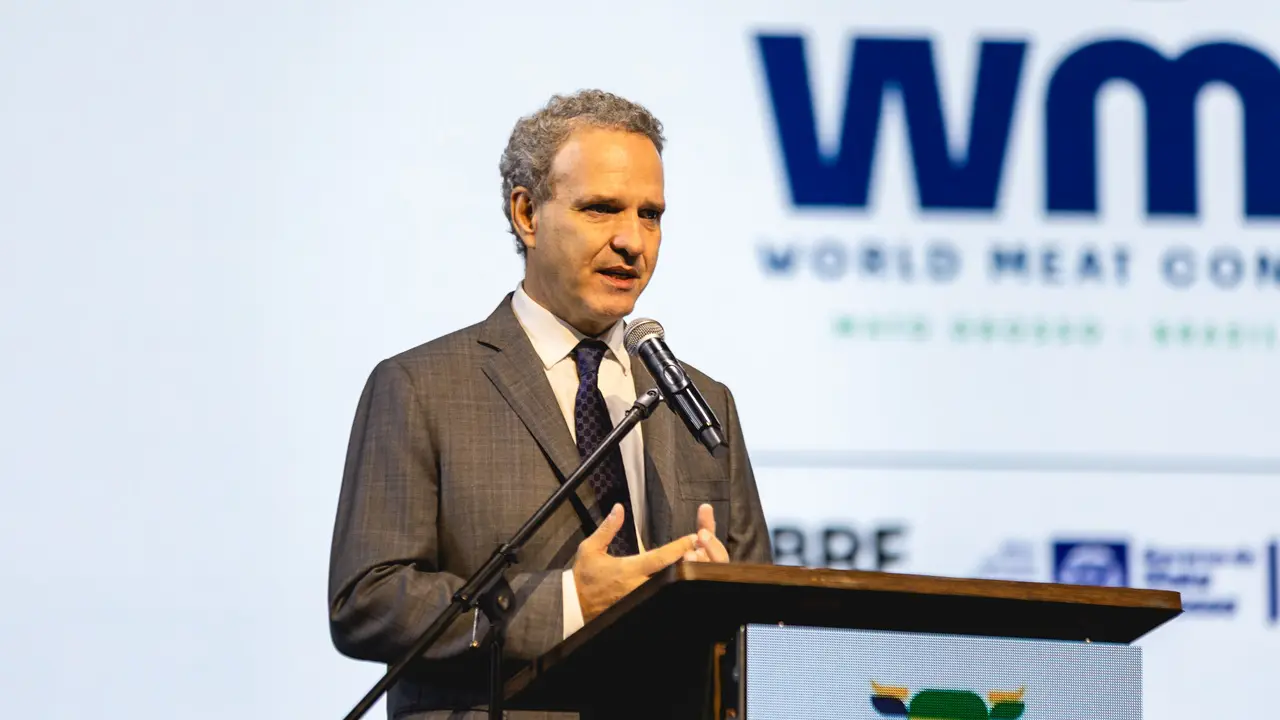The tariff increase revealed that Brazil was not so dependent on the US – at least in one sector.

Despite initial concerns, Brazilian beef exports did not suffer any negative impact from the 50% tariff increase imposed by the United States starting in August. "We saw that we are not that dependent after all," says the president of the Mato Grosso Meat Institute (Imac), Caio Penido. "The sector reorganized itself and the effect ended up being the opposite: we had an increase in prices and exports," he summarizes.
Although exports of fresh, chilled, or frozen beef to the US fell from 20,800 tons in September 2024 to just 7,800 tons in the same month of 2025 (-62.3%), global sales, considering all countries, rose 25.1%, from 251,600 to 314,700 tons.
Mato Grosso is the largest producer and exporter of beef in the country. To give you an idea, the Mato Grosso cattle herd reaches 32.9 million head , while the population is 3.6 million people, according to the Brazilian Institute of Geography and Statistics (IBGE) – that's almost nine head of cattle per inhabitant. The state accounts for 24.2% of total Brazilian beef exports.
Cuiabá, the capital of Mato Grosso state, hosted the World Meat Congress (WMC) last week, held for the first time in Brazil, with the participation of representatives from more than 20 countries.
“When the tariff hike was announced, the sector was very apprehensive, very afraid of the impact it could have, but what happened was surprising,” says Penido. “The meatpacking industries, the importers, the entire chain reorganized very quickly.”

As a result, the American market, which last year was the second main export destination for Brazilian beef protein, behind only China, fell to sixth position in September, surpassed by Mexico, the Philippines, Chile and Russia.
Penido points out that, in addition to China increasing its imports from Brazil, several countries have opened their markets to Brazilian beef in 2025. Even so, the president of Imac says he is optimistic about the trade negotiations between Brazil and the US following the bilateral meeting between Presidents Luiz Inácio Lula da Silva (PT) and Donald Trump at the end of October.
“I think everything points to an agreement. There is internal pressure in the United States from processors and distributors who depend on meat from Brazil and Mato Grosso,” says Penido. “Now they will negotiate a point-by-point agenda, and meat will be one of those points.”
With the recent achievement of foot-and-mouth disease-free status without vaccination , the country also expects the announcement of the opening of the Japanese market for beef exports soon, a qualification that the sector has been seeking for over 20 years.
"Japan is recognized as such a demanding market that, once you enter Japan, you are qualified to sell to any market in the world. Furthermore, it's a country that offers better pay as well."
*The journalist traveled at the invitation of Imac.
gazetadopovo



